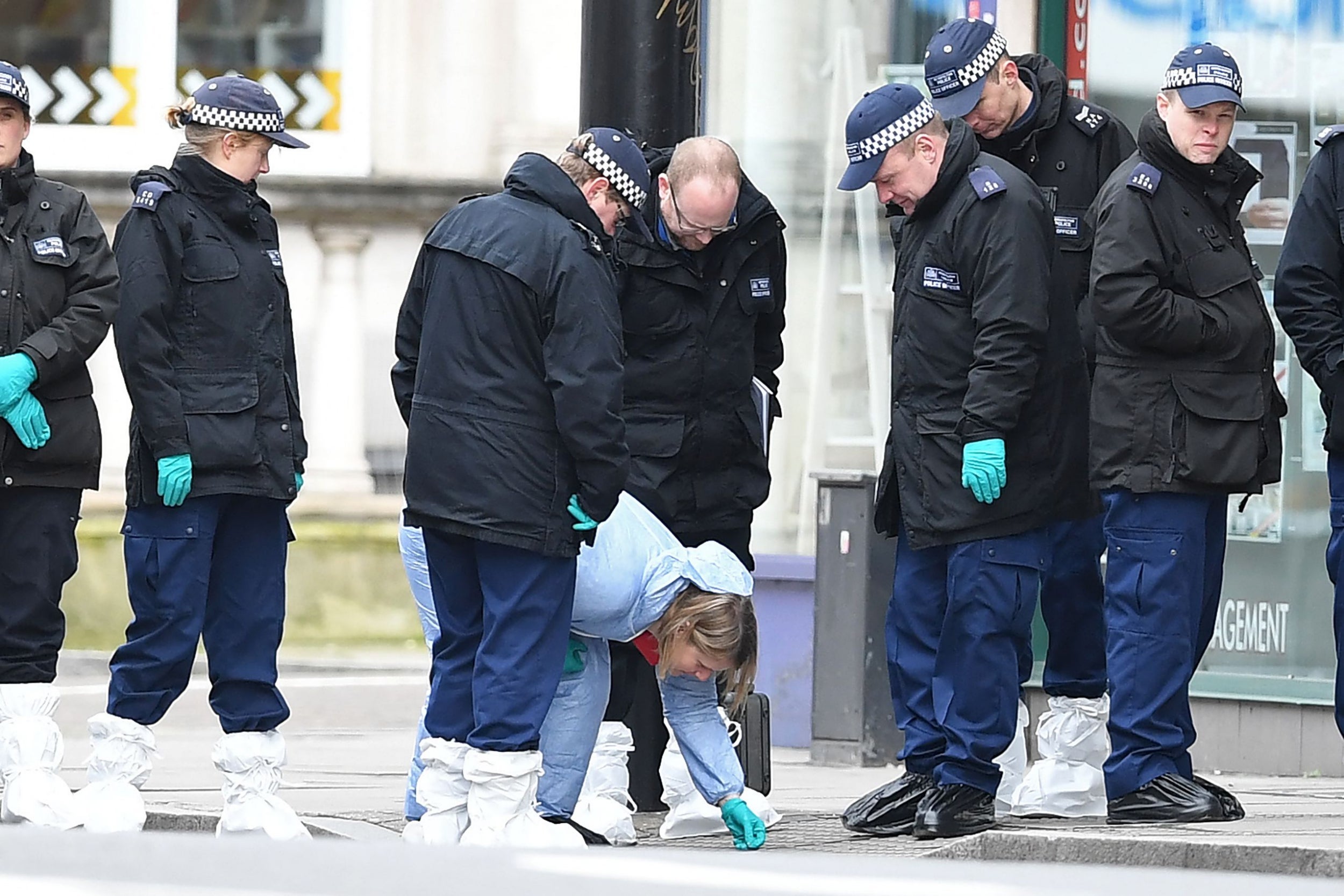Security services are preparing to monitor dozens of terrorist offenders, reveal sources
Many extremists who were jailed over terror incidents are set for release in the next 12 to 14 months, writes defence editor Kim Sengupta


Britain’s security agencies are making contingency plans for dozens of inmates convicted of terrorist offences coming out of prison in the near future even if laws are brought in to delay early release.
The government has announced plans to extend the time for the release of the prisoners from half to two-thirds of their sentence served in custody following the attacks by Usman Khan and Sudesh Amman after they had been freed early.
However, a sharp rise in terrorist investigations with the rise of Isis and subsequent trials in the last decade has meant that a significant number would have served their sentence, and become entitled to leave custody, within the next 12 to 14 months.
The European Union law agency, Europol, recorded 211 terrorist-related incidents in 2015, with 103 in the UK. The rise in the tempo of investigations at the time and pressure on resources meant some arrests had to be made earlier than would normally have been the case with other targets given priority, say security officials.
This, in turn, led to lesser charges to try and ensure greater certainty of conviction, and, consequently, lower sentences – making them eligible for parole even sooner.
Sudesh Amman, who carried out the Streatham stabbings on 2 February, for instance, had been arrested on suspicion of plotting terrorist acts, including killing a gay rights activist, which could have led to a potential life sentence. But the charges were reduced to those of disseminating terrorist information on the advice of the Crown Prosecution Service and his sentence at the end was three years and four months.
Some of those being freed will need the intense surveillance of the type applied to Amman, according to security sources, including tracking by armed police officers.
There is an added concern that there may be attempts at “copy-cat” stabbings after the huge publicity sparked by Amman’s attack, and that of Usman Khan in London Bridge. In another assault, prison staff were attacked with an improvised knife at Whitemoor prison in Cambridgeshire by Brusthom Ziamani, who had been found guilty of preparing acts of terrorism in 2015.
“Some of them who are going to be free or has been freed will need active surveillance. This means that resources will have to be moved from other operations. But these are the measures necessary for the security of the public,’’ said a security official.
“There are always some worries about copy-cat attacks. The stabbings received massive coverage. One can’t blame the media for that, they were important stories. But we know that publicity can be followed by others mimicking similar attacks.”
Jamshed Javeed is among terrorist suspects recently released under licence after serving two-thirds of his sentence. The 35-year-old former chemistry teacher was jailed for six years in March 2013 after being convicted of helping his brother join Isis, helping others make the same journey and then trying to make it himself.
The brother, Mohammed Javeed, died as a suicide bomber. Some of the others Jamshed Javeed had helped to join the jihad from Manchester, the so-called “Britani Brigade”, were killed fighting in Syria.
Patrick Kabele, who was stopped at London’s Gatwick airport from joining Isis in Syria was jailed for six years in 2017. He is due for early release this month after serving half his sentence, which could be extended if the law is changed.
The government’s proposed changes the rules for release have led to criticism. Robert Emerson, a security analyst, said: “Even if the early release time and conditions of the release are toughened up the fact remains that these people on relatively short sentences will be out on the street and some of them will need Amman type surveillance.
“It makes eminent sense to put more resources into trying to tackle radicalisation in the community, in prisons which are now places of recruitment, in an effective way.”
Join our commenting forum
Join thought-provoking conversations, follow other Independent readers and see their replies
Comments